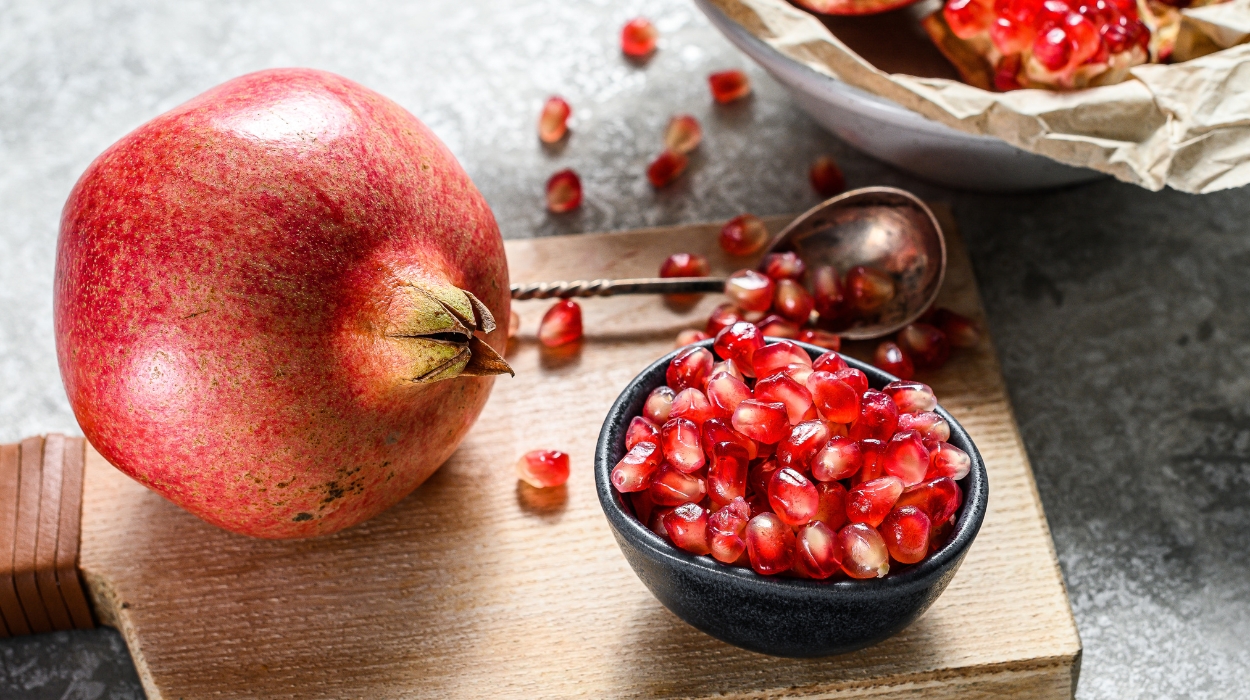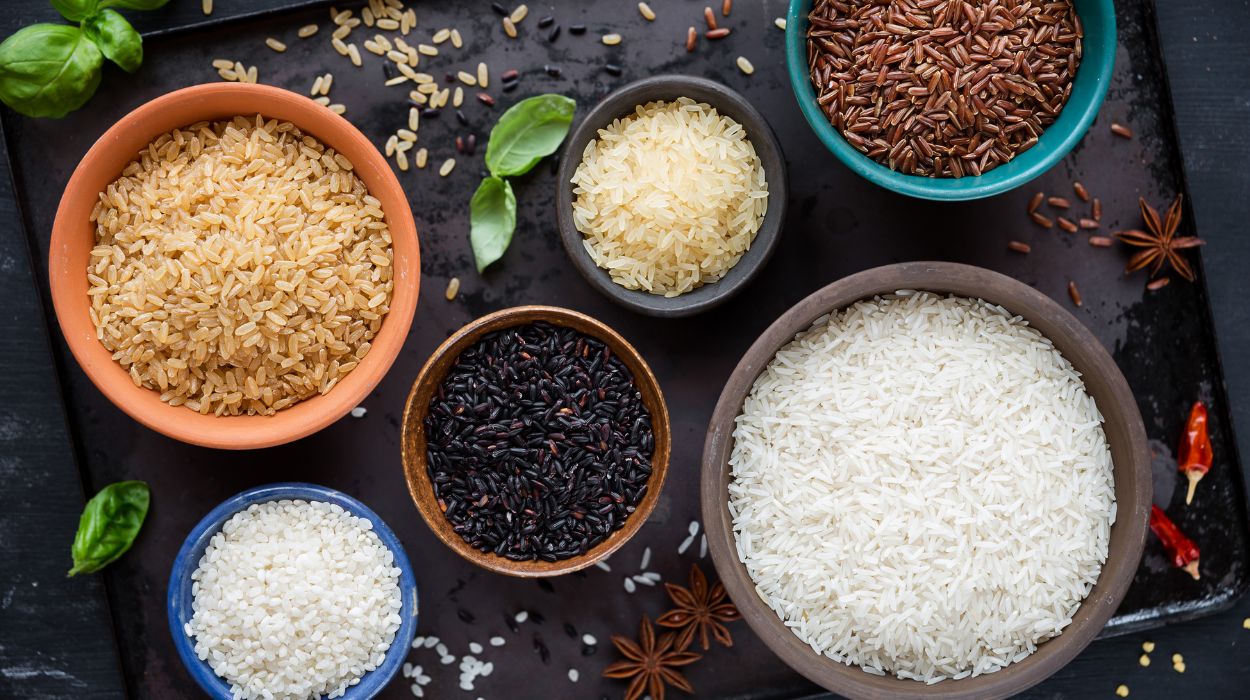6 Potential Benefits Of Collagen 2023 & Collagen Side Effects

Collagen has some scientific backing on modification of skin health, nail health, joint health, and much more. : Photo: Pixel-Shot/Shutterstock
One of the most essential bodily proteins is collagen. As we age, collagen can begin to decline within the body, which may cause unwanted effects on health, beauty, and fitness levels.
I have come across people who have learned about collagen in good time and taken action, by increasing its intake through collagen supplements and/or food.
I kid you not, when I compare these people to those who are careless, they look much more youthful and healthy.
This is not surprising, as collagen has some scientific backing on modification of skin health, nail health, joint health, and much more…
For this reason, we have put together and short article to discuss:
- What is collagen?
- Collagen benefits
- How to supplement with collagen based on research
- What causes collagen loss?
- Symptoms of collagen loss
6 Benefits Of Collagen
- Boost skin health
- Relieve joint pain
- Athletic population
- Promote healthy muscle mass
- Help maintain bone mineral density
- Improve nail health
6 Potential Benefits of Collagen For Women And Men
There are so many benefits that we would not have enough time to cover them all. So we have done the due diligence and found 5 of the most important benefits.
1. Boost Skin Health

As we mentioned, collagen is one of the most abundant compounds in the skin. So supplementation may help with skin elasticity and skin hydration. Thereby, it may reduce wrinkles and revive the natural complexion. This has been ‘proven’ through human skin physiology research looking at collagen. Also, we can not forget the anecdotal claims! I am sure that you know somebody that claims that collagen is the miracle cure for aging skin.
A review of literature[1] looked at 11 different studies. The studies found that by taking collagen supplements, women experienced a modification in skin health and hydration amongst many other health benefits. In terms of dose, we are looking at 3-10g per day.
2. Relieve Joint Pain
Joint connective tissue like tendons, ligaments, and cartilage are made up of ~80-90% collagen. [2] Insufficient collagen may degrade the tissues surrounding a joint. This is why collagen intake is crucial to synthesize these tissues and relieving pain in the joints.
Collagen consumption is absolutely vital for joint health amongst athletes, sports participants, and active people.
3. Athletic Population
A double-blind placebo-controlled study by Clark and colleagues[3] found that supplementing with 10g of Collagen hydrolysate, over a 24-week period, reduced knee pain due to significant cartilage repair amongst the athletic population. Another double-blind placebo-controlled study by McAlindon et al[4] also found that supplementing with 10g of oral collagen supplements increased knee cartilage after 24 weeks.
In addition, Vitamin C plays a vital role in activating two key enzymes (prolyl hydroxylase and lysyl hydroxylase) that signal the synthesis of new Collagen[5]. Another fairly recent investigation indicated that the co-ingestion of collagen and vitamin c[6] (15g collagen + 48 mg vitamin c), may promote greater collagen synthesis when consumed 1 hr prior to exercise.
A 2019 case report[7] by Shaw and Colleagues applied the same supplement daily for 2 rehabilitating elite team sport athletes. The athletes experienced a complete ACL rupture and underwent hamstring graft surgery. The leg strength of the two athletes normalized within 24 weeks, followed by a return to action within 30 weeks.
4. Promote Healthy Muscle Mass

Skeletal muscle is made up of around 10% collagen.[8] For this reason, sufficient collagen intake could help keep powers looking healthy, and flexible, and may prevent injuries.
In all honesty, collagen would probably not increase the size and strength of muscle by a great deal. This is because collagen protein is very low quality, in terms of branched-chain amino acids, and would not really elevate muscle protein synthesis.
5. Help Maintain Bone Mineral Density
The structure of a Bone is also made up of around 80-90% collagen.[9]
As we age bone, we can experience demineralization of bone mass. In the long halt, this can reduce bone mineral density and cause conditions like osteoporosis may arise. Osteoporosis is linked with an increased risk of bone fractures or even complete breaks. Not to mention, fall risk followed by blunt force Injury is also common.
As a result of public health messages, we know that calcium and vitamin D are vital for bone health. What many people do not know is that collagen production is equally as important.
6. Improve Nail Health
Collagen is also crucial for overall bone health. Collagen supplement peptides from as little as 2.5g per day may speed up nail bone growth by around 14% and reduce the risk of breaking by 42%.[10] We all know how painful a bone break can be.
What Is Collagen?
Collagen is a structural protein[11] composed of the amino acids; glycine, proline, and hydroxyproline. The use of Collagen has commonly been associated with skin care, as it is one of the most abundant proteins found in human skin cell[.12]
In the last couple of decades, high collagen foods, and collagen supplements (hydrolyzed collagen peptides) have drawn attention toward the practical application of health, beauty, and fitness.
You might be asking why so? and what collagen peptides are. Without delving into too much detail, a collagen peptide is denatured ingestible collagen.
Collagen may be the most effective natural soft tissue therapeutic agent.
It has been shown to be almost twice as practical as glucosamine and chondroitin[13] in mammals.
There are many different types of collagen that all benefit the body as you will come to learn in the next sections.
How To Supplement With Collagen Based On Research
How can we apply the research to the real world setting for the general and athletic population? Before we get into this, I must mention that collagen can be obtained from collagen supplementation (i.e., collagen powder, pills, gummies) or food sources like beef bone broth.
General Population
Based on the research, the collagen health benefits could be taken advantage of by ingesting 2.5-10 g from collagen peptide supplementation or food per day. I have not come across any literature indicating health benefits from any more or less than the mentioned dose.
Athletic Population
The athletic population may benefit from slightly more collagen compared to the general population. That being said, a dose of 10-15 g of collagen combined with at least 50 mg of vitamin C per day could bring about some great results within 24 weeks. This can help repair and maintain the connective tissues amongst the athletic population. By athletic population, we are referring to; gym goers, athletes, walkers, runners etc.
What Causes Collagen Loss?
There are many reasons for why one experiences a drop in collagen levels. We have highlighted 4, that we believe to have one of the largest impacts.
Aging
Pretty much everything is on the decline with age. We lose collagen fibers naturally at some point after the age of 30. Expect skin elasticity and complexion to drop. Although, this will not be that noticeable until your 40s, 50s, and 60s. This is the reason why you see older adults with wrinkly or drooping skin on the face, hands and body.
Lifestyle Habits
Some lifestyle habits speed up the process of weakening and losing collagen. These habits can be recreational drugs and tobacco smoking.
One big factor towards collagen loss is the diet. Observing a diet low in micronutrients (vitamins and minerals) and collagen itself can cause a dramatic loss in collagen within the human body. My suggestion would be to certainly eat foods rich in collagen.
Oxidative Stress
Overworking the body through work or exercise can cause a high level of oxidative stress, which can hinder collagen production. This can be countered by observing a diet high in phytochemicals (fruit and vegetables) that have antioxidant properties to reduce inflammation.
DNA Damage
Excessive exposure to UV-rays can damage and mutate the gene in the human body. This can cause premature aging. We all know the effects of aging right? A degradation in all human functions, that is including collagen synthesis.
Symptoms Of Collagen Loss
As collagen begins to drop, you could expect many symptoms. Some of the most noticeable symptoms have been mentioned below.
Wrinkles & Drooping Skin
Wrisking and drooping skin is a big telltale sign that one is losing collagen. As we age, skin wrinkles up and loses its elastic properties. This means that the skin can start to droop forwards. We see this a lot amongst older adults and the elderly.
Joint Pain
A significant loss in collagen can have dire effects on the connective tissue around the joints. These bodily tissues would take longer to resynthesis, which can cause pain. It could get to a point where degradation (breakdown) exceeds synthesis (build-up), so the joint will no longer heal properly and could even get injuries.
Increased Falls and Blunt Force Injuries
Bone and muscle mass are crucial for locomotion (movement). As we lose collagen, it is possible that mobility becomes weakened, resulting in falls and then blunt force injuries. Remember at this point, the tissues of the body have already become tired, so an injury after a fall is highly likely.
Muscle Strains
A percentage of muscle is collagen as we know. With a loss of collagen, muscles can become less flexible. This can cause an injury like a muscle strain, tear, or worse A RUPTURE. As a side note, muscle ruptures require surgical interventions.
Bone Fractures
Bone is mostly made of collagen and calcium. For this reason, a loss in collagen can bring up more fractures from little incidents that would not normally even cause a bruise. In some cases, you can even experience a complete break of the bone.
Delayed Nail Growth and Breaks
Sufficient collagen in the body accelerates bone growth. Therefore, it should come as no surprise that nails start to grow back a lot slower than usual. You could also expect nails to start cracking and breaking with lower levels of collagen.
Conclusion
There are many health benefits of which include:
- Boost skin health
- Relieve joint pain
- Promote healthy muscle mass
- Help maintain bone mineral density
- Improve nail health
In terms of supplementation, I would suggest 2.5g-10g per day for the general population to reap the health benefits. For the athletic population, I would go for 10-15g combined with 50 mg of vitamin C.
The variables that cause a loss in collagen include:
- Age
- Lifestyle habits
- Oxidative Stress
- DNA damage
If you suspect collagen loss symptoms to look out for may include:
- Wrinkles and drooping skin
- Pain in the joints
- Increased falls and blunt force injuries
- Muscle strains
- Bone fractures
- Delayed nail growth and breaks
All in all, keeping collagen levels in check is crucial for overall health and well-being.
Frequently Asked Questions
Collagen peptides are broken down into animal collagens in a hydrolyzed form.
YES! So skin and blood vessels are mostly made up of Type lll. Bovine collagen should do the trick.
if you mean without using a supplement, then YES! You can consume food sources like bone broth, chicken legs, chicken wings, lamb chops, lamb ribs, pork skin, etc.
Unfortunately not! Collagen protein is very low in branched-chain amino acids, specifically leucine. So no matter how much you take, you will not get a good response to muscle protein synthesis.
The best types of collagen depend on the health benefit you want to get. For joint and connective tissue health you may go for type l and type ll.
Tobacco causes high MMP (inflammation) levels which are associated with weak collagen and proteoglycans.
YES! Collagen helps to rebuild the stomach lining, which is crucial for the digestion of food.
Resources
MANA adheres to strict sourcing guidelines and abstains from utilizing tertiary references. We rely on peer-reviewed studies, academic research from reputable medical associations and institutions to ensure the accuracy of our articles. For more information regarding our editorial process, please refer to the provided resources.
- JDDonline – Journal of Drugs in Dermatology. (2022). Oral Collagen Supplementation: A Systematic Review of Dermatological Applications – JDDonline – Journal of Drugs in Dermatology. [online] Available at: https://jddonline.com/articles/oral-collagen-supplementation-a-systematic-review-of-dermatological-applications-S1545961619P0009X/ [Accessed 29 Jan. 2024].
- JDDonline – Journal of Drugs in Dermatology. (2022). Oral Collagen Supplementation: A Systematic Review of Dermatological Applications – JDDonline – Journal of Drugs in Dermatology. [online] Available at: https://jddonline.com/articles/oral-collagen-supplementation-a-systematic-review-of-dermatological-applications-S1545961619P0009X/ [Accessed 29 Jan. 2024].
- Europe PMC (2016). Europe PMC. [online] Europepmc.org. Available at: https://europepmc.org/article/med/11826020 [Accessed 29 Jan. 2024].
- Clark, K.L., Sebastianelli, W., Flechsenhar, K.R., Aukermann, D.F., Meza, F., Millard, R.L., Deitch, J.R., Sherbondy, P.S. and Albert, A. (2008). 24-Week study on the use of collagen hydrolysate as a dietary supplement in athletes with activity-related joint pain. Current Medical Research and Opinion, [online] 24(5), pp.1485–1496. doi:https://doi.org/10.1185/030079908×291967.
- T.E. McAlindon, M. Nuite, Krishnan, N., R. Ruthazer, Price, L.L., Burstein, D., Griffith, J. and K. Flechsenhar (2011). Change in knee osteoarthritis cartilage detected by delayed gadolinium enhanced magnetic resonance imaging following treatment with collagen hydrolysate: a pilot randomized controlled trial. Osteoarthritis and Cartilage, [online] 19(4), pp.399–405. doi:https://doi.org/10.1016/j.joca.2011.01.001.
- Nutrition.org. (2024). Home Page: The American Journal of Clinical Nutrition. [online] Available at: https://ajcn.nutrition.org/ [Accessed 29 Jan. 2024].
- Nutrition.org. (2024). Home Page: The American Journal of Clinical Nutrition. [online] Available at: https://ajcn.nutrition.org/ [Accessed 29 Jan. 2024].
- Shaw, G., Serpell, B. and Baar, K. (2019). Rehabilitation and nutrition protocols for optimising return to play from traditional ACL reconstruction in elite rugby union players: A case study. Journal of Sports Sciences, [online] 37(15), pp.1794–1803. doi:https://doi.org/10.1080/02640414.2019.1594571.
- Gillies, A.R. and Lieber, R.L. (2011). Structure and function of the skeletal muscle extracellular matrix. Muscle & Nerve, [online] 44(3), pp.318–331. doi:https://doi.org/10.1002/mus.22094.
- Europe PMC (2016). Europe PMC. [online] Europepmc.org. Available at: https://europepmc.org/article/med/11826020 [Accessed 29 Jan. 2024].
- Hexsel, D., Zague, V., Schunck, M., Siega, C., Camozzato, F.O. and Steffen Oesser (2017). Oral supplementation with specific bioactive collagen peptides improves nail growth and reduces symptoms of brittle nails. Journal of Cosmetic Dermatology, [online] 16(4), pp.520–526. doi:https://doi.org/10.1111/jocd.12393.
- Hatchett, A. (2022). The Influence of a Collagen-Based Multiple Ingredient Supplement on Muscle Performance. Journal of Sports Research, [online] 9(1), pp.26–35. Available at: https://ideas.repec.org/a/pkp/josres/v9y2022i1p26-35id2906.html [Accessed 29 Jan. 2024].
- Hasan Gencoglu, Cemal Orhan, Sahin, E. and Sahin, K. (2020). Undenatured Type II Collagen (UC-II) in Joint Health and Disease: A Review on the Current Knowledge of Companion Animals. Animals, [online] 10(4), pp.697–697. doi:https://doi.org/10.3390/ani10040697.






